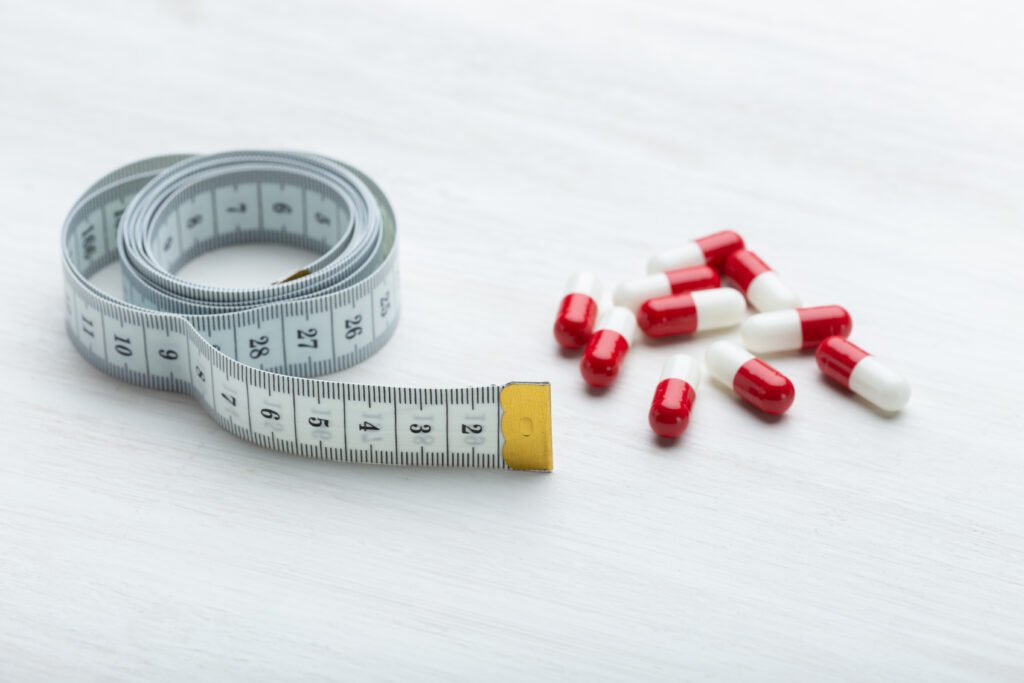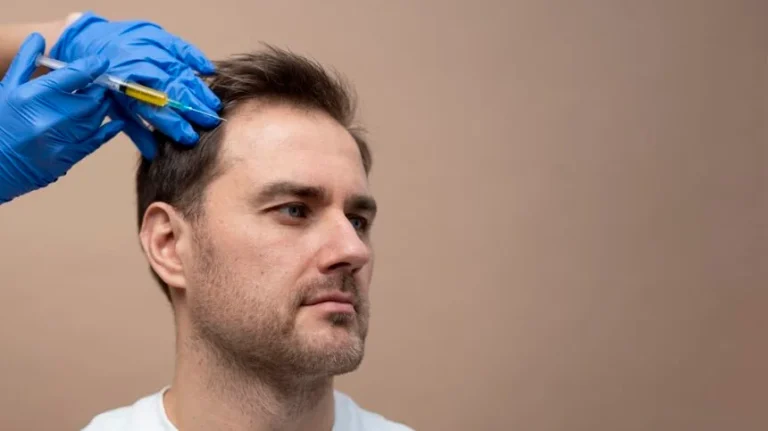This article breaks down the science, facts, and real results in simple terms—perfect for anyone curious about these game-changing drugs.
Imagine a world where your cravings don’t control you, and that nagging hunger just… fades away.
Sounds like a dream, right? Well, that’s exactly what the most effective weight loss medications do—they tweak how your brain handles appetite.
If you’ve ever wondered how these top rated weight loss medication work their magic, you’re in the right place. Let’s dive into the science, the facts, and what it means for you—all in plain, simple language.
Why Appetite Matters in Weight Loss?
You know how tough it is to say no to a second slice of pizza or that late-night snack. Your appetite isn’t just a feeling—it’s a signal from your brain and body working together.
When you’re trying to lose weight, that signal can feel like your worst enemy. These medications step in to quiet it down, making it easier for you to eat less without feeling deprived.
How? They target specific parts of your brain and hormones that control hunger. It’s not about willpower—it’s about biology.
And the best part? Studies show these drugs can help you lose 5% to 20% of your starting weight when paired with a healthy diet and exercise. That’s no small deal!
The Brain Game: How These Meds Rewire Hunger
Your brain has a control center called the hypothalamus—think of it as the boss of your appetite.
It decides when you’re hungry or full based on signals from hormones like GLP-1 (glucagon-like peptide-1).
Normally, your body releases GLP-1 after you eat to tell your brain, “Hey, we’re good!” But it doesn’t stick around long.
Here’s where weight loss meds come in. Many of them mimic or boost GLP-1, keeping that “I’m full” signal going strong.
For example, some of the most effective drugs—like the ones you inject weekly—act like a supercharged version of GLP-1.
They slow down how fast your stomach empties, so you feel satisfied with less food. Others tweak different brain pathways to cut cravings, making that bag of chips less tempting.
Picture it like this: Your appetite is a loud radio blaring hunger tunes. These meds turn down the volume—or even switch the station entirely.
The Heavy Hitters: What the Top Meds Do
Not all weight loss drugs are the same, but the most effective ones share a goal: they make you want to eat less. Let’s break down how a few of them work:
- GLP-1 Boosters: These copy that fullness hormone we talked about. They hit receptors in your brain and gut, telling you you’re satisfied after smaller meals. Studies show people using these can lose 12% or more of their body weight over a year or so.
- Combo Pills: Some meds mix two effects—like lowering appetite and messing with your brain’s reward system. That means food doesn’t feel as exciting, so you’re less likely to overeat.
- Stimulants: Older options speed up your system and dampen hunger, though they’re usually for short-term use.
Here’s a quick look at what you might expect:
| Medication Type | How It Rewires Appetite | Average Weight Loss |
| GLP-1 Mimics | Boosts fullness, slows stomach emptying | 10-20% |
| Appetite + Reward Combo | Cuts hunger and food’s “feel-good” factor | 5-10% |
| Stimulants | Revs up your body, quiets hunger signals | 5-8% |
These numbers come from real studies, but they work best when you’re also eating smart and moving more.

What You’ll Feel (and Why It’s Not Magic)
Okay, so you’re on one of these meds—what’s it like? Most people say hunger just doesn’t hit as hard. You might eat half your plate and realize you’re done, no struggle needed.
Cravings for junk food? They can fade too. It’s not that you can’t eat—it’s that you don’t want to as much.
But here’s the catch: these drugs aren’t a free pass. If you stop taking them, your appetite can creep back, and so can the weight.
One study found folks regained about two-thirds of the weight they lost after quitting.
That’s why doctors say you need a plan—think healthy meals and a bit of exercise—to keep the pounds off.
The Science Backs It Up
Let’s talk facts. In a big trial with over 2,000 people, those using a GLP-1-based med lost 15% of their body weight in about 68 weeks, while the diet-only group dropped just 2.4%.
That’s a huge gap! Another analysis of 143 studies found these meds, especially the GLP-1 types, consistently outperform older options for shedding pounds.
Why are they so good? They don’t just mask hunger—they rewire how your body talks to itself. Hormones, brain signals, even your gut’s timing all shift to support weight loss. It’s like giving your system a new rulebook.
Side Effects: What to Watch For
Nothing’s perfect, right? These meds can come with some downsides. You might feel nausea or get an upset stomach at first—pretty common with the injection types. Some folks report headaches or tiredness too.
Rarer, more serious stuff—like pancreas or gallbladder issues—can happen, so you’ll want to check in with your doctor regularly.
The good news? Most side effects fade as your body adjusts. Still, these aren’t for everyone. If you’ve got certain health conditions, your doc might steer you elsewhere.
Who Are These For?
Doctors usually save these meds for people with a BMI over 30 (that’s obesity) or 27+ with issues like diabetes or high blood pressure.
They’re not a quick fix for dropping a few vanity pounds—they’re tools for bigger health wins. Think of them as a teammate, not the whole game plan.
Your Takeaway
So, how do the most effective weight loss medications rewire your appetite? They hack your brain and hormones to dial down hunger and crank up fullness. It’s not about starving yourself—it’s about feeling in control.
With solid science showing 5-20% weight loss and real people seeing results, they’re a game-changer for many.








